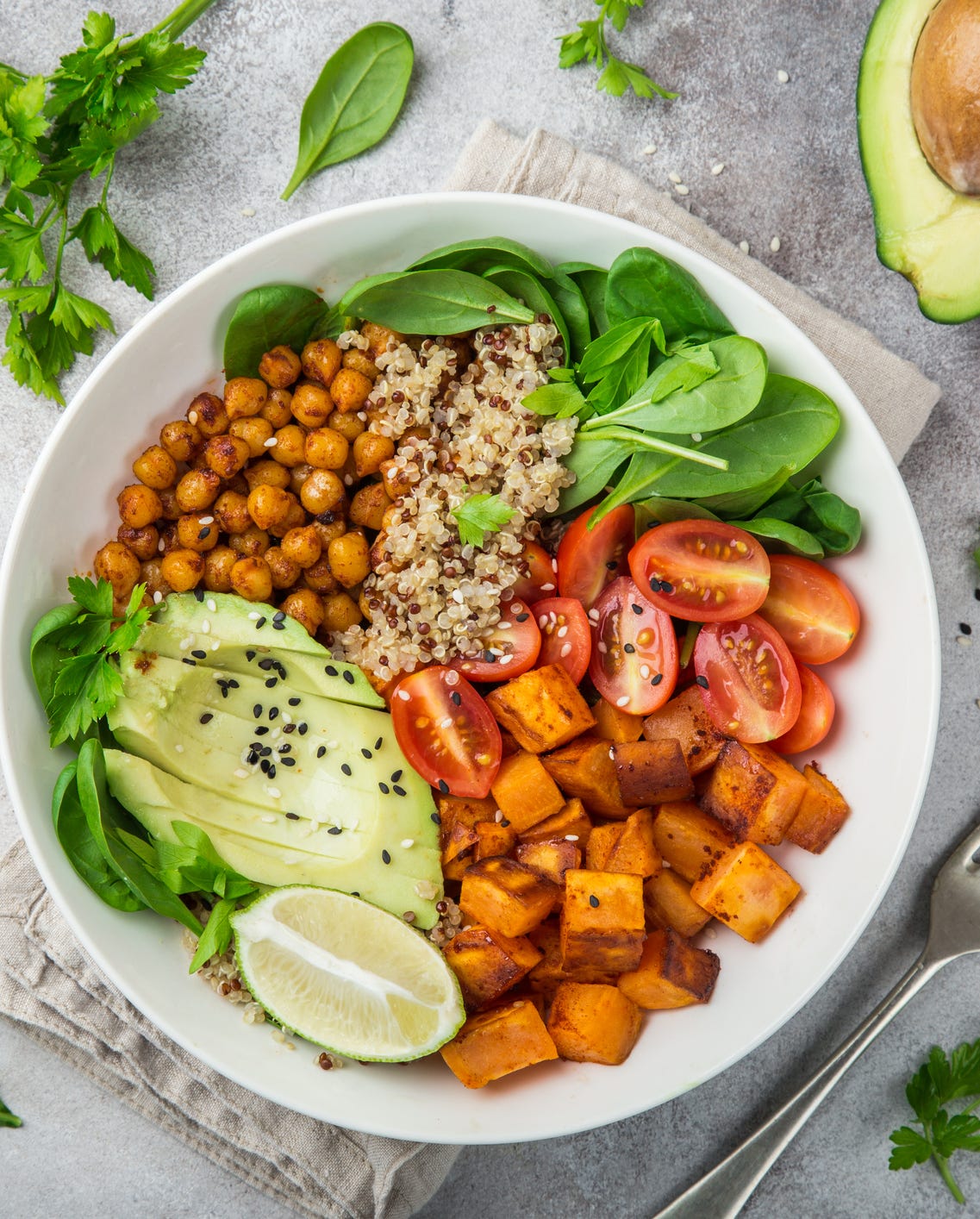Starting a new eating lifestyle can feel overwhelming. But plant-based nutrition for beginners simplifies that journey. A plant-based diet focuses on whole foods, fruits, vegetables, grains, legumes, nuts, and seeds, aiming to cut out or minimize animal products. It helps improve overall health, support weight loss, reduce chronic diseases, and promote sustainable eating.

What Is Plant-Based Nutrition?
Plant-based nutrition means getting most or all nutrients from plant sources. It doesn’t always mean going fully vegan, but emphasizes whole food plant-based choices. The goal is to eat more natural, unprocessed foods that grow from the earth. This includes leafy greens, fiber-rich legumes, whole grains, and healthy plant oils. You don’t need fancy superfoods. Simple meals with vegetables, beans, and whole grains offer all the energy and nutrients you need to thrive.
Why Choose a Plant-Based Diet?
People shift to a plant-based lifestyle for various reasons—better health, environmental sustainability, or ethical beliefs. Studies show that plant-based diets lower the risk of heart disease, type 2 diabetes, and some cancers. It supports gut health with natural fiber, and helps with weight management without counting calories. From an environmental view, it reduces your carbon footprint and conserves water. Even small changes—like meatless Mondays—make a huge difference in both personal and planetary health.

Key Foods in a Plant-Based Diet
A solid plant-based diet plan includes:
- Whole grains like quinoa, brown rice, and oats
- Legumes such as lentils, chickpeas, and black beans
- Vegetables, especially dark leafy greens like kale and spinach
- Fruits, especially berries, bananas, and apples
- Nuts and seeds like chia, flax, and almonds
- Plant-based protein sources like tofu, tempeh, and edamame
These provide fiber, protein, iron, calcium, and essential fatty acids. A well-balanced plant-based plate includes colorful variety. Aim for half your plate filled with non-starchy vegetables, a quarter with whole grains, and a quarter with plant protein. Use herbs and spices for flavor instead of salt or fat.
Common Myths About Plant-Based Diets
One big myth is that plant-based diets lack protein. In reality, beans, tofu, nuts, and whole grains offer more than enough. Another myth says it’s expensive. In truth, lentils, rice, and seasonal produce are some of the cheapest grocery items. Some think it’s hard to eat out or travel, but plant-based options are now everywhere—from fast food chains to local markets. And no, you don’t need to be 100% vegan to benefit—just eat more plants and less processed foods.
Easy Steps to Start a Plant-Based Journey
Start small. Try one plant-based meal a day or go meatless two days a week. Replace dairy with plant milks like oat or almond milk. Learn a few simple plant-based recipes like stir-fry, lentil soup, or veggie wraps. Keep snacks like nuts, fruit, or hummus handy. Meal prep on Sundays to make weekday choices easier. Experiment with seasonings, international cuisines, and plant proteins. Don’t aim for perfection—progress over time builds habits. Every small shift counts toward a more vibrant, plant-focused lifestyle.

Nutrients to Pay Attention To
While a plant-based diet is rich in nutrients, stay mindful of vitamin B12, iron, calcium, omega-3s, and vitamin D. Fortified foods and supplements can help. Eat variety to cover your bases—like seaweed for iodine or chia seeds for omega-3. Check your energy levels and consult a nutritionist if needed.
Final Thoughts: Progress, Not Perfection
Plant-based nutrition for beginners isn’t about strict rules—it’s about real, sustainable changes. Focus on enjoying the flavors, exploring new meals, and feeling better daily. There’s no one-size-fits-all; just add more plants and move at your own pace. Your body, mind, and the planet will thank you.
